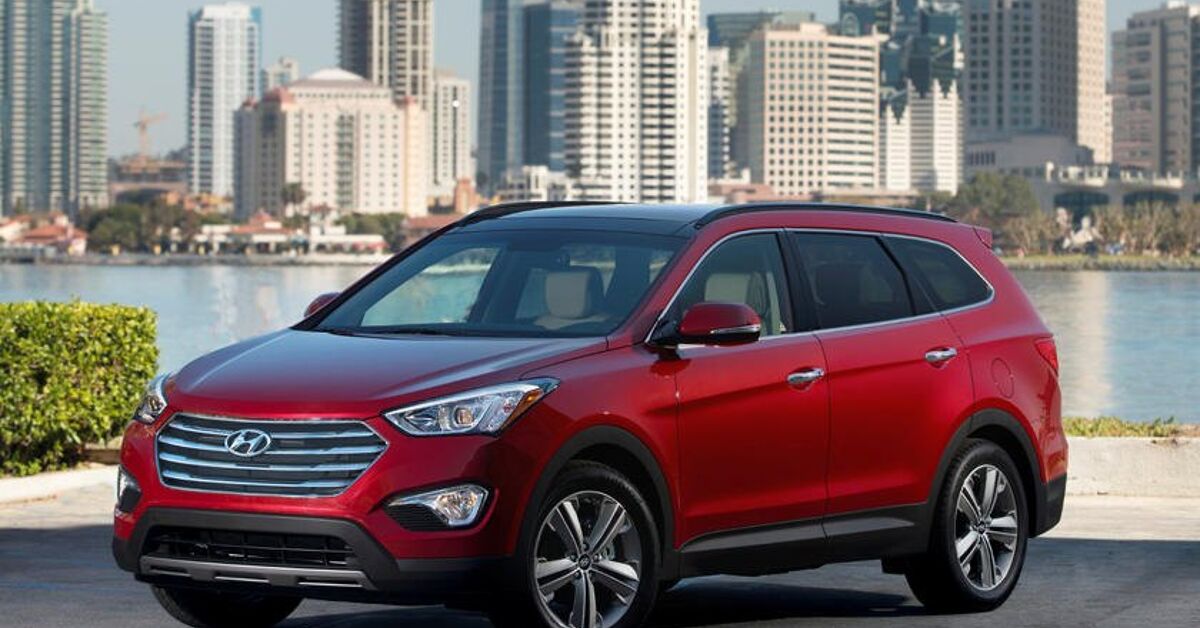I guess every manufacturer has issues from time to time - including Ford with the Ecoboost motor flying apart.I'm puzzled about the Kia comments because of the contrast with those made by Scotty Kilmer on YouTube. For those not familiar, he is YT's most successful independent producer with (IIRC ) 7 million followers for his frequent car programmes.. He hates Kias ( and Hyundais ) and thinks they are absolute junk: there have been some major problems and recalls due to engine problems (see link below ) during the last decade . Kia has a manufacturing plant in the USA, so it is possible that cars from there are not as well built as those built in Europe, although I would have expected Kia HQ to have established and implemented identical engineering standards.

Hyundai and Kia's Decade of Very Troublesome Engines Continues
In what’s only the latest in a long history of engine-related legal battles in the form of recalls, individual owner lawsuits, and class action suits, Hyundai and Kia find themselves entangled in the latter once more. This time, the list of the affected vehicles is much larger than in previous...www.thetruthaboutcars.com
I've only worked on Kia diesels - Sorrento, Sportage and C'eed - all high mileage and all good! Hopefully the seven year warranty will help others out.
John


